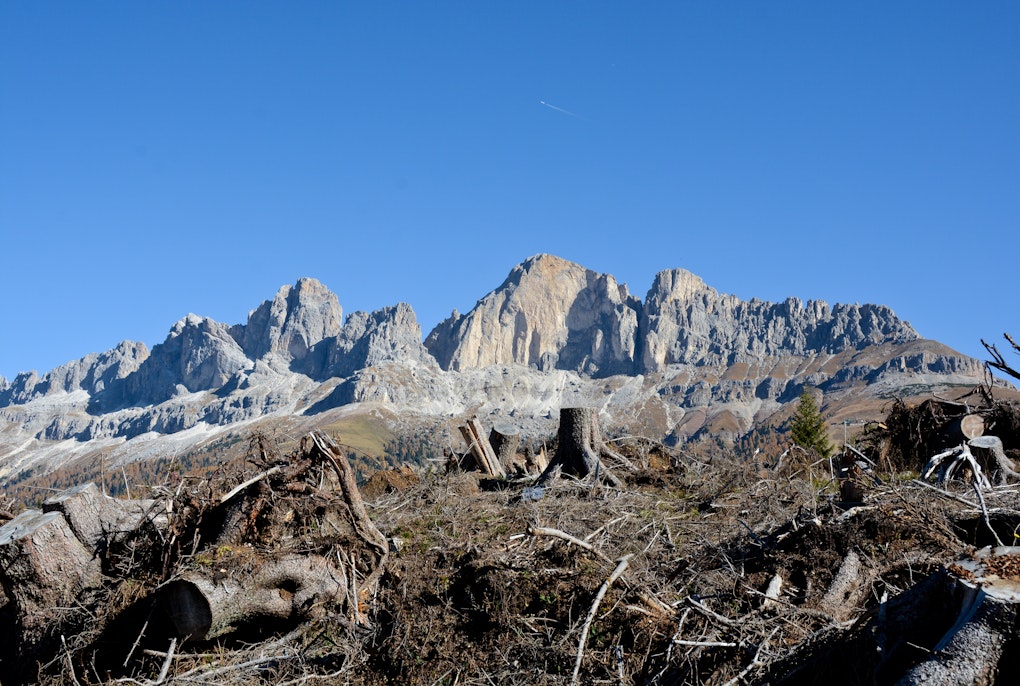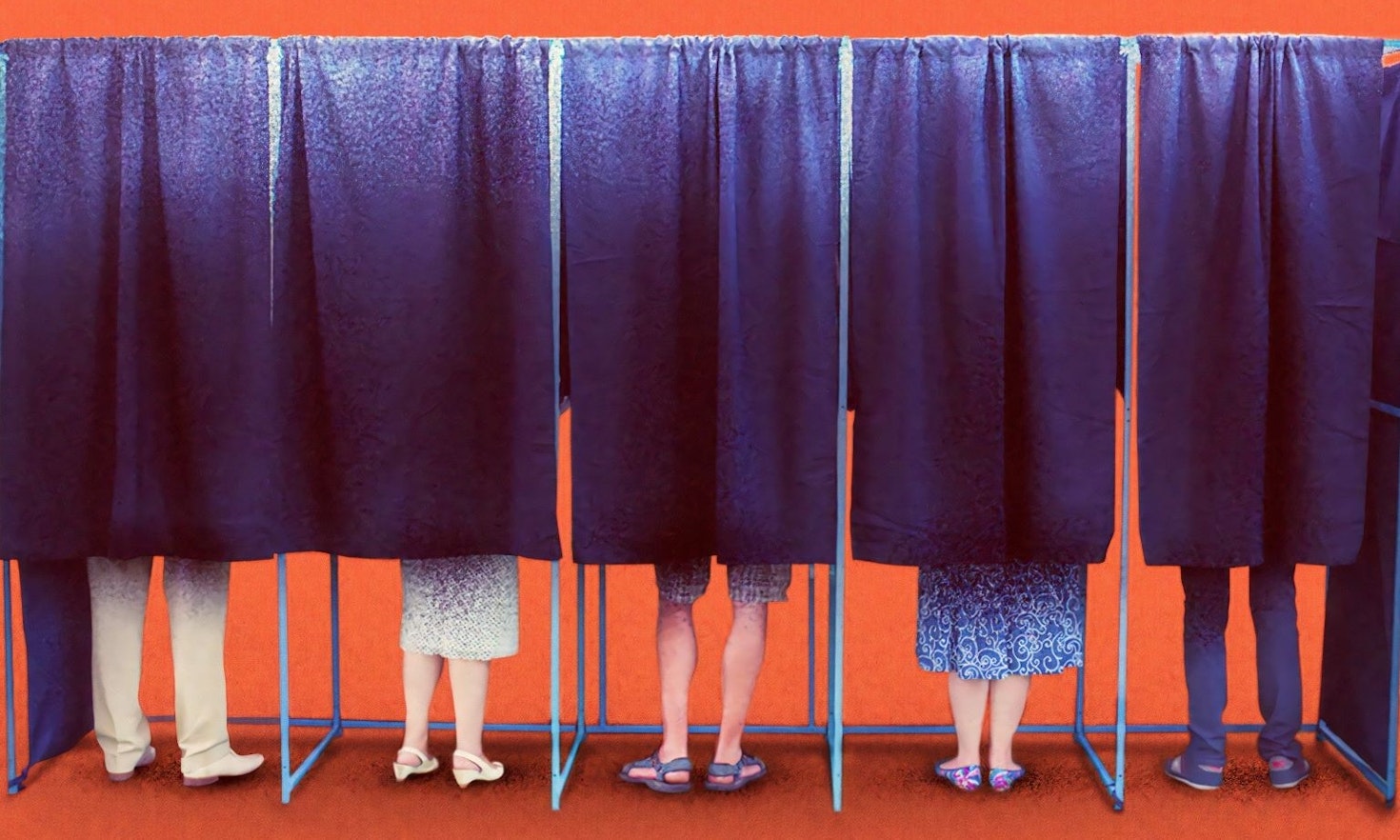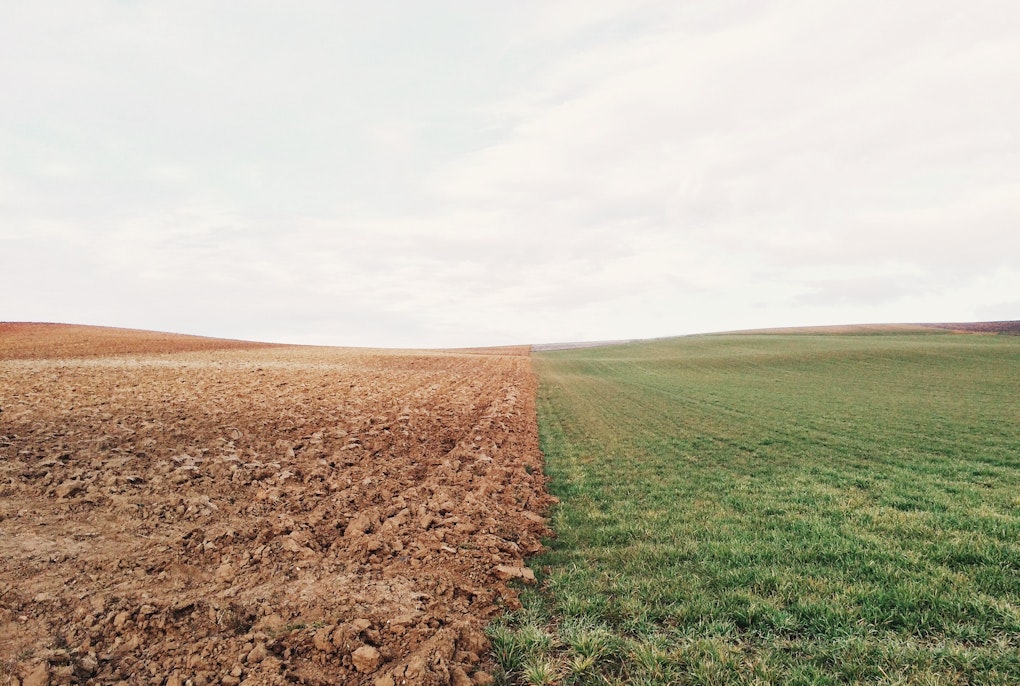
Light and shadow of climate change adaptation and mitigation strategies: South Tyrol
 Giada Giacomini
Giada Giacomini
Immersed in the context of ‘mature western democracies’, the certainty of universally guaranteed voting rights is one of our society’s most predictable bastions. This thinking takes on a certain meaning from a purely continental perspective: apart from a few, very specific cases of representation of particular territorial interests, European citizens take for granted that they themselves – or rather, their votes – are the factor that constitute the formation of the particular representative body that they are, from time to time, called upon to select.
However, on the build-up of perhaps what has been described as mature western democracies’ most important election date – the election of the President of the United States – it is curious to note that, on the other side of the ocean, this thinking is in some ways different, even though it is absolutely compatible with a constitutional order.
The question that could be asked, in other words, is: who exactly is «the people», in terms of the right to vote in the U.S. constitutional system? Like all fundamental rights, a first response could be linked, of course, to the American Constitution, where the 26th Amendment, Section 1, provides for «The right of citizens of the United States, who are eighteen years of age or older, to vote …». While this principle seems clear in itself, it is the same Constitution that contains some much less precise provisions in setting the parameters for the composition of the electoral body. In the election of part of the legislative body, for example, Article 1, Section 2, provides that the members of the House of Representatives shall be elected «by the people», without further specifications. In the election of the President, again, Article 2, Section 1, provides for the decisive contribution of the «electors», not voters.
With particular reference to the election of the President, the difference between the preference expressed by the citizens and the direct counting of the vote for the formation of the representative body rests, in the first place, on the following historical fact. When the U.S. Constitution was being drawn up in 1787, a national popular vote to elect a President was practically impossible, mostly because of the size of the country and the difficulty of communication. At the same time, there was little enthusiasm for allowing the President to only be chosen by lawmakers.
A political expedient has therefore been achieved: presidential elections are not direct elections, i.e. those determined by simply counting votes cast by the citizens taking part in the electoral round. The President, in fact, is formally elected by the Electoral College, which includes representatives of each State previously selected by popular vote, and where the word College simply refers to a group of people with a shared task: that of choosing the President.
There are 538 electors in total: California has the most electors (55), while a handful of sparsely populated States (Wyoming, Alaska, North Dakota, and even Washington D.C.) have the minimum of 3. Generally, States award all their electoral college votes to whoever won the State poll of ordinary voters. For example, if a candidate won 50,1% of the vote in a State, they would be awarded all the State’s electoral college votes. Each elector represents one electoral vote, and a candidate needs to gain a majority (270, or more) to win the presidency. That being the case, a deviation for the concept of «the people» between voters and electors is visible in that: it is possible for candidates to be the most popular candidate among voters nationally, but still fail to win enough States to gain 270 electoral votes. An example of this happened in the 2016 presidential elections, when Donald Trump had almost three million fewer votes than Hillary Clinton, but won the presidency because the Electoral College gave him a majority. Beyond the electoral operating mechanism just described, that the concept of (voting) «people» can be understood with a ‘limited’ meaning is, in any case, not a wholly exceptional circumstance, in U.S. constitutional law.
Always with reference to the presidential election, only in the States of Vermont and Maine, can prisoners vote. Citizens of Puerto Rico, although formally U.S. citizens, do not contribute to the formation of the Electoral College, and are thus technically excluded from the presidential elective circuit.
While this may seem ambiguous in a representative democracy, it should be borne in mind that the very history of U.S. constitutionalism itself is steeped in constant adjustments regarding the scope of voting rights.
There are many constitutional amendments, for example, that deal directly with who gets to vote – who is «the people» – and how their votes are cast. The 15th Amendment (1869-1870) said that the citizens of the United States could vote, regardless of their race, color, or previous condition of servitude. The 17th Amendment (1912-1913) said senators should be chosen by «the people» and not only by State legislatures. The 19th Amendment (1919-1920) said the right of U.S. citizens to vote shall not be denied or abridged on account of sex. The 23rd Amendment (1960-1961) said citizens of Washington D.C. were entitled to three electoral votes in the Electoral College for the presidential elections, but no representation in Congress.
This concept of «the people» demonstrates clearly that it is possible to have a ‘deviation’ even in what would appear to be an elementary concept of a democratic system. It is just one of the differences that allows a glimpse of the specificity of the U.S. constitutional system.
 |
Enrico Andreoli holds a Law Degree from the University of Verona Department of Law and a Political Science Degree from the University of Milan Department of Political, Economic and Social Sciences. He holds a Ph.D. in European and International Law from the University of Verona Doctoral School of Law and Economic and currently works as a lawyer and Postdoctoral Researcher in Comparative Public Law at the University of Verona Department of Law. |
This content is licensed under a Creative Commons Attribution 4.0 International license.

 Giada Giacomini
Giada Giacomini
 Nicolò Alessi
Nicolò Alessi
 Alice Meier
Alice Meier